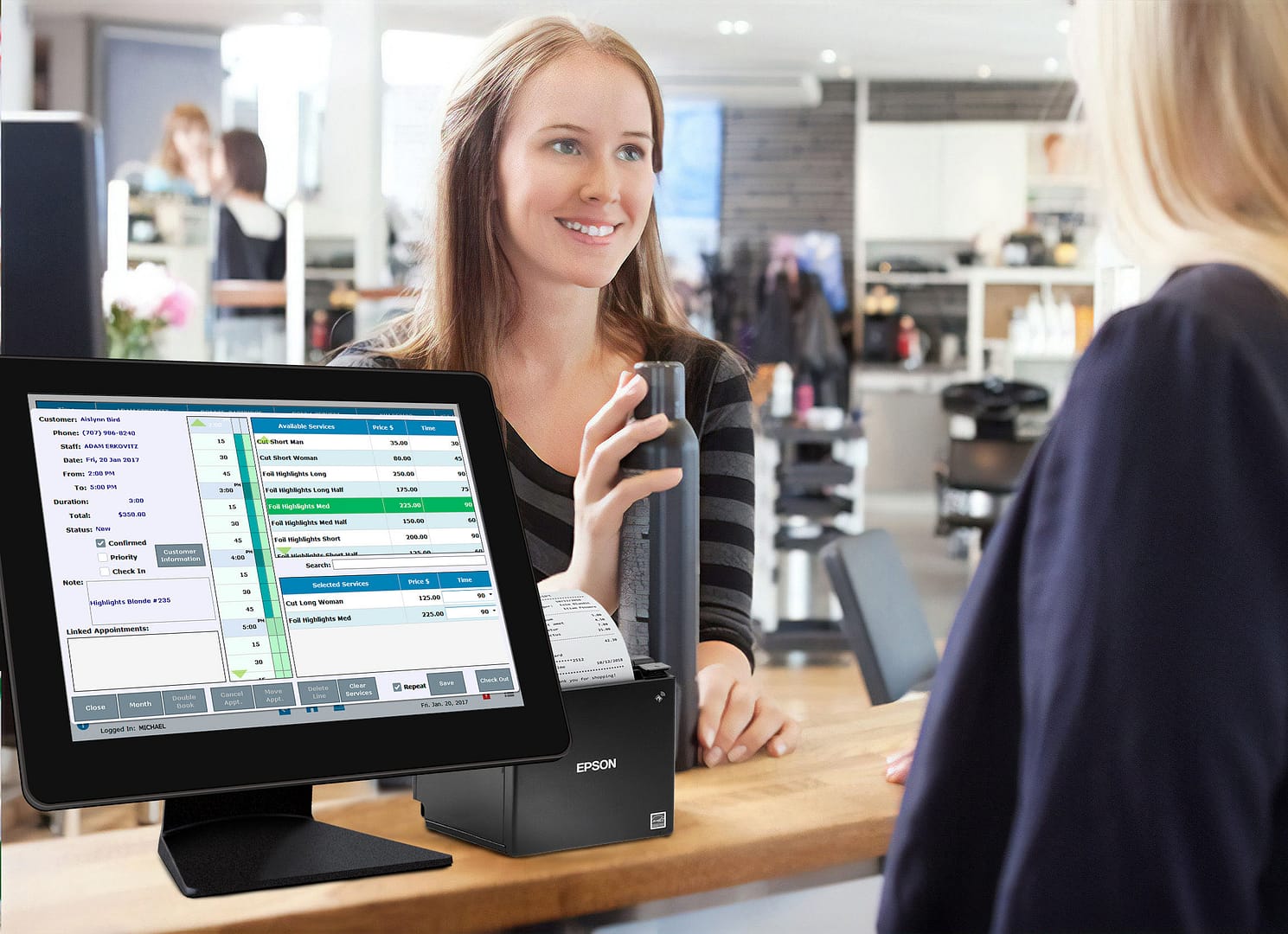How a POS Can Be More Than Technology: The Role of Ethics in the Restaurant Industry
Ethical POS systems in restaurants are essential for operations, but they can be more than just technology. By integrating ethical practices, such as responsible customer data management, restaurants can significantly enhance their reputation. This approach not only ensures compliance with regulations but also builds trust with customers. Moreover, ethical POS systems can differentiate a restaurant in a competitive market. Transitioning from mere functionality to ethical responsibility can lead to increased customer loyalty. Therefore, it’s crucial for restaurants to consider the ethical implications of their POS systems. In the following sections, we will explore how prioritizing ethics in POS systems can benefit restaurants.
The Ethical Imperative in POS Systems
The ethical imperative in POS systems is crucial for modern restaurants. An ethical POS system prioritizes responsible data management, ensuring customer information is handled with care. This involves secure storage, limited access, and transparent data usage policies. By adopting these practices, restaurants can protect their customers’ privacy and build a foundation of trust. Additionally, ethical POS systems help restaurants comply with data protection regulations, avoiding potential legal issues. As a result, restaurants that prioritize ethics in their POS systems not only safeguard their customers but also enhance their own credibility. In the next section, we will delve into how these ethical practices can build trust and foster customer loyalty.
Building Trust Through Ethical Practices
When customers know their data is handled responsibly, their confidence in the restaurant grows. Ethical POS systems ensure transparency in data usage, which fosters a sense of security. For instance, informing customers about how their data is used can significantly enhance trust. Additionally, ethical practices in data management can prevent breaches, further solidifying customer confidence. Restaurants that prioritize these practices often see increased customer satisfaction and loyalty. In the following section, we will explore the direct link between ethical POS systems and customer loyalty, supported by real-world examples.
Customer Loyalty and Ethical POS Systems
Ethical POS systems can significantly boost customer loyalty. When customers trust that their data is secure, they are more likely to return. This trust translates into repeat business and positive word-of-mouth. For example, a restaurant that transparently communicates its data practices can build a loyal customer base. Additionally, ethical data management can lead to fewer data breaches, which helps maintain customer confidence. Restaurants that invest in ethical POS systems often see a direct correlation between their ethical practices and customer loyalty. In the next section, we will discuss the challenges of implementing ethical POS systems and offer practical solutions.
Challenges and Solutions
Implementing ethical POS systems comes with its own set of challenges. One common issue is the cost of upgrading to more secure systems. Many restaurants operate on tight budgets, making it difficult to invest in new technology. Additionally, training staff to use these systems effectively can be time-consuming. However, the long-term benefits often outweigh these initial hurdles. By prioritizing ethics, restaurants can avoid costly data breaches and build a loyal customer base. Practical solutions include seeking affordable POS options and providing comprehensive staff training. In the next section, we will look at future trends in POS technology with a focus on ethics.
The Future of POS Systems in Restaurants
Looking ahead, the future of POS systems in restaurants is promising, especially with a focus on ethics. As technology advances, we can expect more sophisticated and secure POS solutions. These systems will likely offer enhanced data protection features, making it easier for restaurants to manage customer information responsibly. Additionally, the integration of artificial intelligence could further streamline operations while maintaining ethical standards. Restaurants that stay ahead of these trends will not only comply with regulations but also build stronger relationships with their customers. In the final section, we will summarize the key points and reinforce the importance of ethics in POS systems.
In conclusion, ethical POS systems offer more than just technological benefits for restaurants. By prioritizing responsible data management, restaurants can build trust and foster customer loyalty. Although there are challenges in implementing these systems, the long-term advantages make it worthwhile. As technology continues to evolve, staying ahead with ethical practices will be crucial. Restaurants that embrace these advancements will not only comply with regulations but also differentiate themselves in a competitive market. Ultimately, ethics in POS systems can be a powerful tool for enhancing reputation and ensuring sustainable success.









